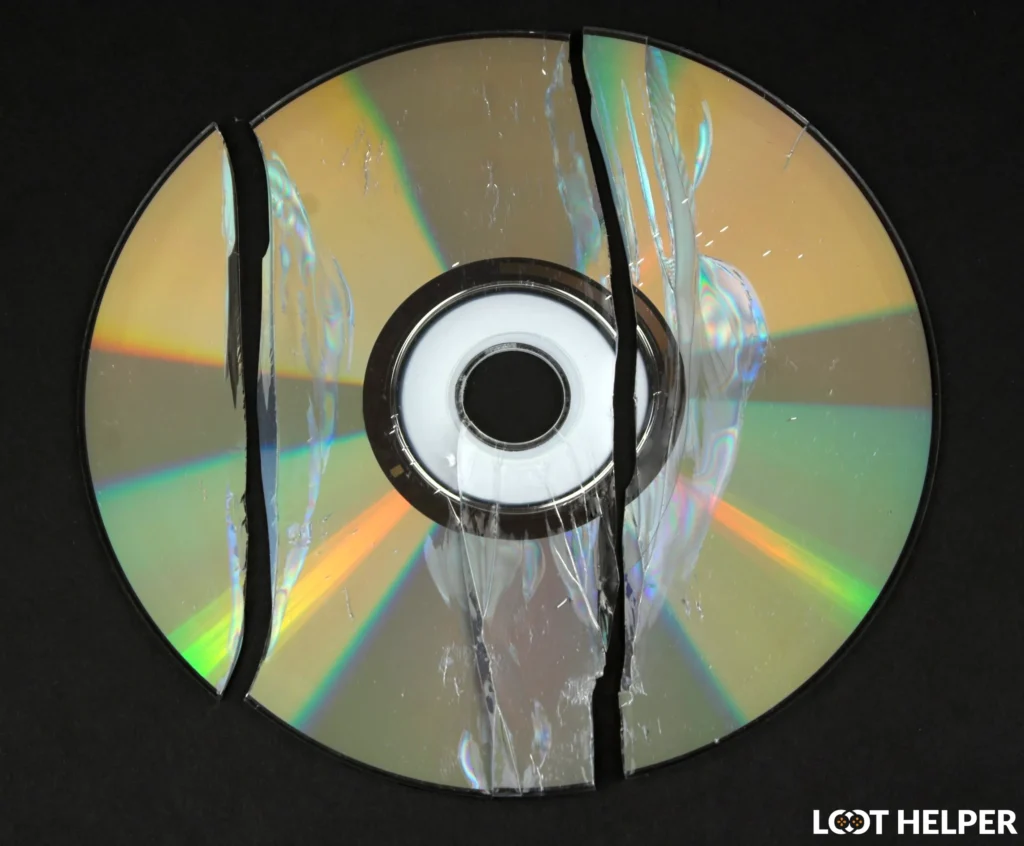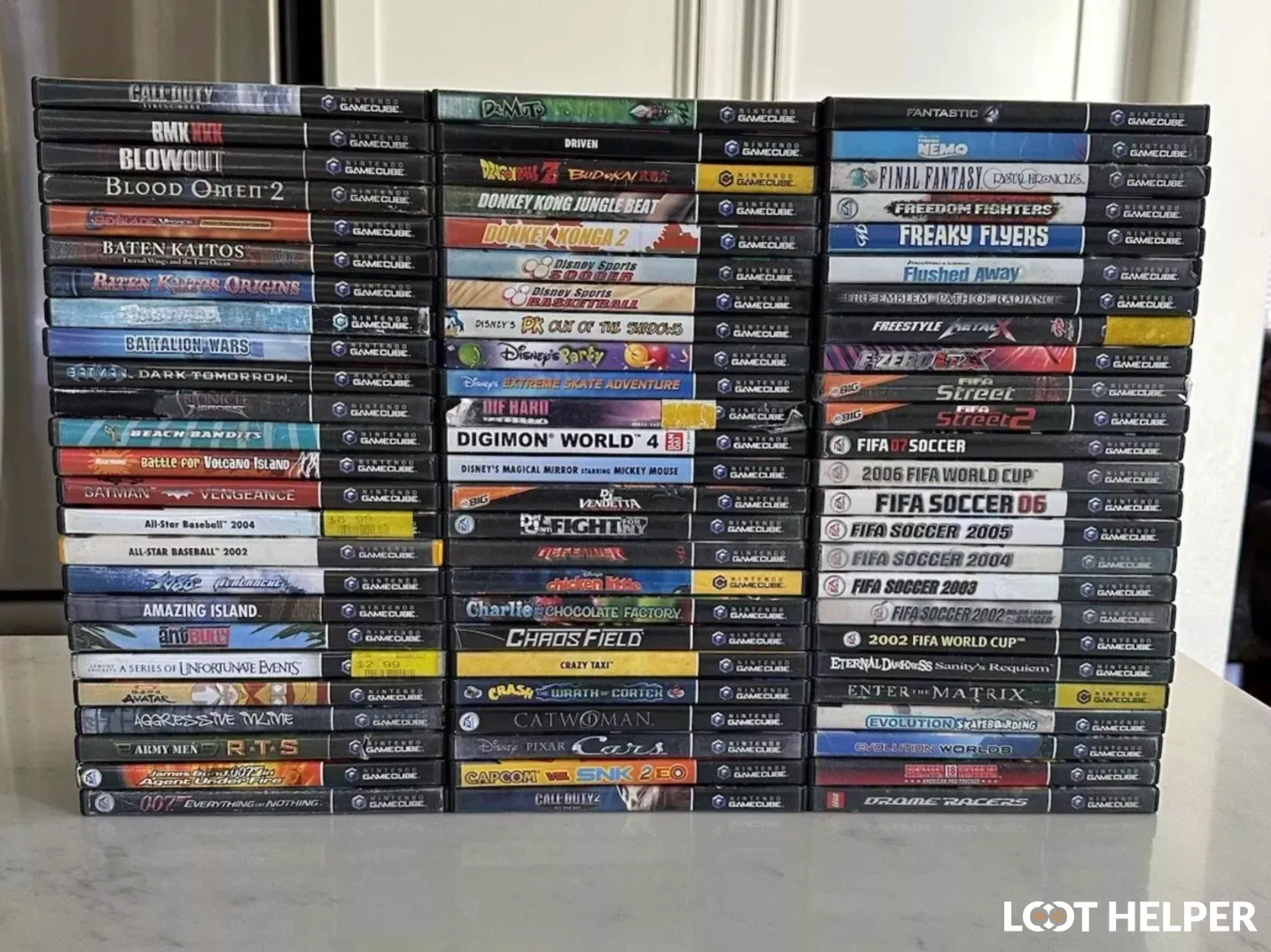Summery
The recent tariffs imposed by the Trump administration are poised to significantly affect the video game industry, particularly through increased production costs and potential price hikes for both physical game discs and consoles. Analysts predict that a 25% tariff on imported game discs may push publishers towards an all-digital strategy, while a 20% tariff on consoles could lead to higher retail prices as manufacturers adjust. Despite these challenges, there is hope for relief, as major companies like Sony, Microsoft, and Nintendo previously secured exemptions from tariffs, highlighting the industry’s importance to the American economy.
Recent developments regarding tariffs imposed by the Trump administration have raised concerns about their potential impact on the video game industry. Analysts suggest that these tariffs could lead to significant price increases and supply chain disruptions for both video game software and hardware in the United States.
Key Implications of Tariffs on Physical Game Discs
Increased Production Costs: With a 25% tariff on physical game discs imported from Mexico, analysts predict a sharp decline in the production of disc-based games. Mat Piscatella, an analyst at Circana, noted that many publishers may opt to abandon physical releases altogether in favor of an all-digital strategy.
Price Hikes for Consumers: For game makers who continue producing physical discs, the new tariffs will likely result in higher prices for consumers. Piscatella also suggests that downloadable versions of games may see price increases to match those of physical copies, as publishers tend to maintain price parity across platforms.
Shift Towards Digital: The trend towards digital gaming has been accelerating over recent years, and these tariffs may further push publishers to prioritize digital releases, making physical copies a niche market.
Effects on Gaming Hardware
The impact of tariffs extends beyond game discs to gaming hardware:
Increased Console Prices: Approximately 75% of consoles sold in the U.S. are imported from China, which is now subject to a 20% tariff on all goods. While immediate price increases may not be felt due to existing inventories, analysts predict that retailers are already adjusting prices accordingly.

Varying Manufacturer Impact: Different console manufacturers are affected differently by these tariffs. For instance, Nintendo has diversified its production outside of China, allowing it some flexibility in avoiding tariffs on certain models. In contrast, Sony remains heavily reliant on Chinese production, with only about 30% of PlayStation consoles produced elsewhere.
Future Manufacturing Considerations: While there is speculation that tariffs could encourage companies to bring manufacturing back to the U.S., experts argue that reshoring operations entirely is economically impractical given the complexities involved.
Potential Exemptions and Industry Response
There is hope for relief within the gaming industry. In 2019, major players like Sony, Microsoft, and Nintendo successfully advocated for exemptions from previous tariffs against China. The Entertainment Software Association has emphasized the importance of video games as a vital part of American culture and economy, expressing optimism for similar exemptions in light of current tariff discussions.
Conclusion
The introduction of tariffs presents significant challenges for the video game industry, particularly concerning physical disc production and hardware pricing. As the landscape continues to evolve, stakeholders are watching closely for potential exemptions and adjustments in manufacturing strategies that could mitigate these impacts.

Join our Discord community to stay connected with all the latest gaming news, content, and tips. Don’t miss out on the best tips and tricks for your favorite games!





